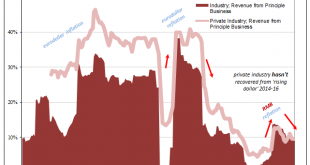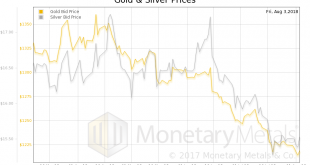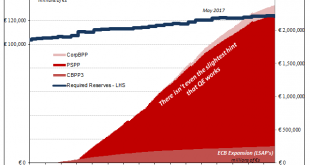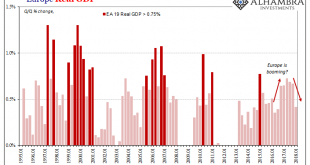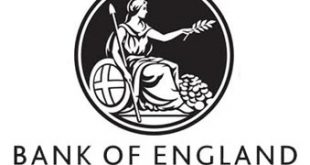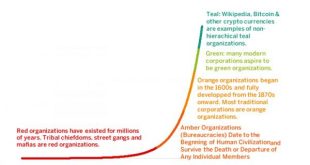In December 2006, just weeks before the outbreak of “unforeseen” crisis, then-Federal Reserve Chairman Ben Bernanke discussed the breathtaking advance of China’s economy. He was in Beijing for a monetary conference, and the unofficial theme of his speech, as I read it, was “you can do better.” While economic gains were substantial, he said, they were uneven. To keep China going down the same path of rapid growth,...
Read More »Monetary Paradigm Reset, Report 5 August 2018
See the introduction and the video for the terms gold basis, co-basis, backwardation and contango. Explaining a new paradigm can be both simple and impossible at the same time. For example, Copernicus taught that the other planets and Sun do not revolve around the Earth. He said that all the planets revolve around the Sun, including Earth. It isn’t hard to say, and it isn’t especially hard to grasp. Indeed, one of its...
Read More »Brent’s Back In A Big Way, Still ‘Something’ Missing
The concept of bank reserves grew from the desire to avoid the periodic bank runs that plagued Western financial systems. As noted in detail starting here, the question had always been how much cash in a vault was enough? Governments around the world decided to impose a minimum requirement, both as a matter of sanctioned safety and also to reassure the public about a particular bank’s status. Later on, governments...
Read More »What Really Happened In Europe
The primary example of globally synchronized growth has been Europe. Nowhere has more hope been attached to shifting fortunes. The Continent, buoyed by the persistence of central bankers like Mario Draghi, has not just accelerated it is actually booming. Or so they say. Last September, politicians were lining up to confidently declare as much, often deploying that specific word. When Jean-Claude Juncker gave his annual...
Read More »Transitory’s Japanese Cousin
Thomas Hoenig was President of the Federal Reserve’s Kansas City branch for two decades. He left that post in 2011 to become Vice Chairman of the FDIC. Before that, Mr. Hoenig as a voting member of the FOMC in 2010 cast the lone dissenting vote in each of the eight policy meetings that year (meaning he was against QE2, too). This makes him, apparently, the hawk of all hawks. In January 2011, in his capacity as still...
Read More »Does CBDC Increase Run Risk?
Central bankers often argue that CBDC would increase the risk of bank runs. On his blog, JP Koning rejects this notion. After all, he retorts, during a confidence crisis bank customers would no longer have to queue to withdraw cash; lender of last resort support would be provided much more quickly; and “large” cash holders would continue to shift funds into treasury bills, not into CBDC. Koning writes: The general criticism here is that during a crisis, households and businesses will...
Read More »Central Banks Care about the Gold Price – Enough to Manipulate it!
In early March, RT.com, the Russian based media network, asked me for comments and opinion on the subject of central bank manipulation of gold prices. The comments and opinion that I supplied to RT became the article that RT then exclusively published on its website on 18 March under the title “Central banks manipulating & suppressing gold prices – industry expert to RT“. This article is now transcribed below, here...
Read More »“Für elektronisches Zentralbankgeld (In Favor of Central Bank Digital Currency),” NZZ, 2018
NZZ, March 15, 2018. PDF. CBDC is not the same as krypto currencies. Easy arguments against CBDC are misleading. Switzerland should not dismiss CBDC too quickly. (The title of the article is misleading, it is not mine. I argued for openness in the discussion rather than for adoption.)
Read More »The Historical Warnings of Money
It’s interesting, to me anyway, that an image of the Roman goddess Juno remains to this day on the logo of the Bank of England. There are many stories about her role as it relates to money, but what cannot be denied is that the very word itself came to us from her temple. The Latin moneta was derived from the word monere, a verb meaning to warn. Moneta was Juno’s surname. One fable has it where the goddess’s sacred...
Read More »If Bitcoin Is A Bubble…
Our earlier articles on bitcoin discuss the crypto asset as a currency and a commodity. Both papers focused on the consequences of bitcoin’s defining feature: the asymptotic supply limit of 21 million coins. This gives it an unusual juxtaposition of demand uncertainty and supply certainty (as well as inelasticity). As a currency, it gives rise to a tension between its use as a store of value and as medium of exchange....
Read More » Swiss Economicblogs.org
Swiss Economicblogs.org

